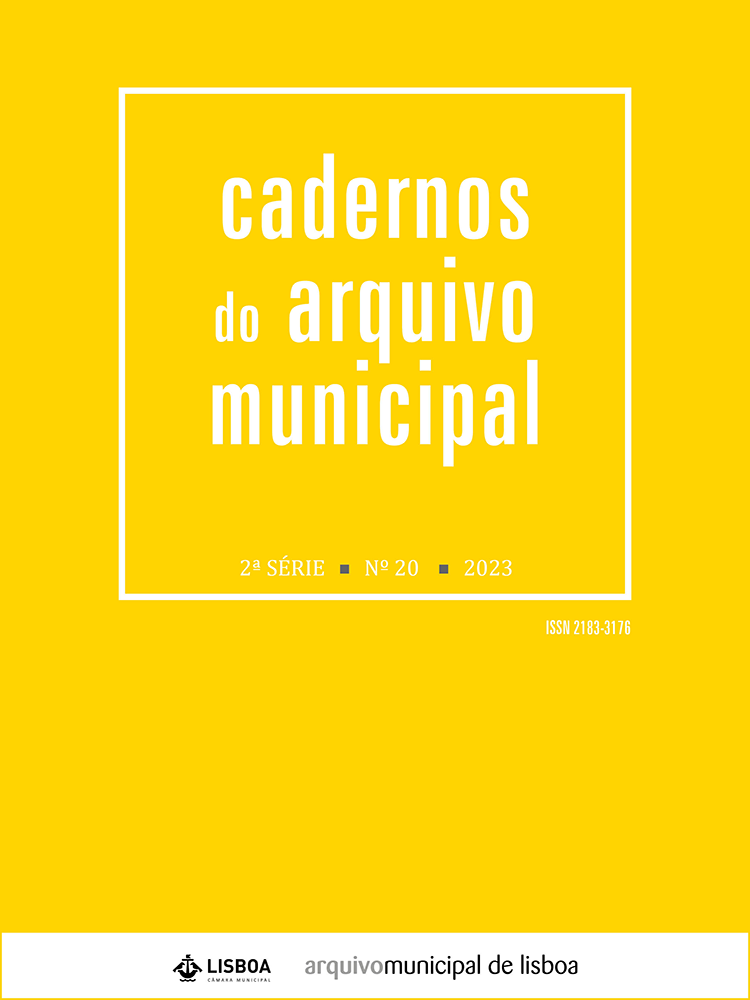Freedom of the seas and European relations in the 17th century: The "war of the books"
DOI:
https://doi.org/10.48751/CAM-2023-20324Keywords:
Mare Liberum, Political communication, Guerre des plumes, Imperialism, 17th centuryAbstract
In 1603, after a naval battle in the Strait of Malacca, the Portuguese caravel Santa Catarina was captured by ships of the United East India Company and taken to the United Provinces, where all the rich booty was sold at public auction. The episode triggered a thesis written by Dutch jurist Hugo Grotius, justifying the justness of the seizure, in a construction that refuted the Portuguese claims that considered the sea as their own domain. Grotius’ text was celebrated as the mainstay of International Maritime Law, based on the principle of freedom of the seas. However, Grotius’ arguments and the reactions it provoked should be framed as an expression of European geopolitics in the 17th century. This article proposes a look at this battle of books as an extension of the political communication that took place within the respublica christiana, in the struggle for supremacies to secure regional and global trade interests.
Downloads
Downloads
Published
How to Cite
Issue
Section
License
Copyright (c) 2023 Nuno Martins

This work is licensed under a Creative Commons Attribution-NonCommercial 4.0 International License.
The authors retain copyright and grant the journal the right of first publication, with the work simultaneously licensed under the Creative Commons Attribution License CC BY-NC 4.0 which allows sharing and adapting the text as long as its authorship is correctly attribbuted with recognition of the initial publication in this journal.










